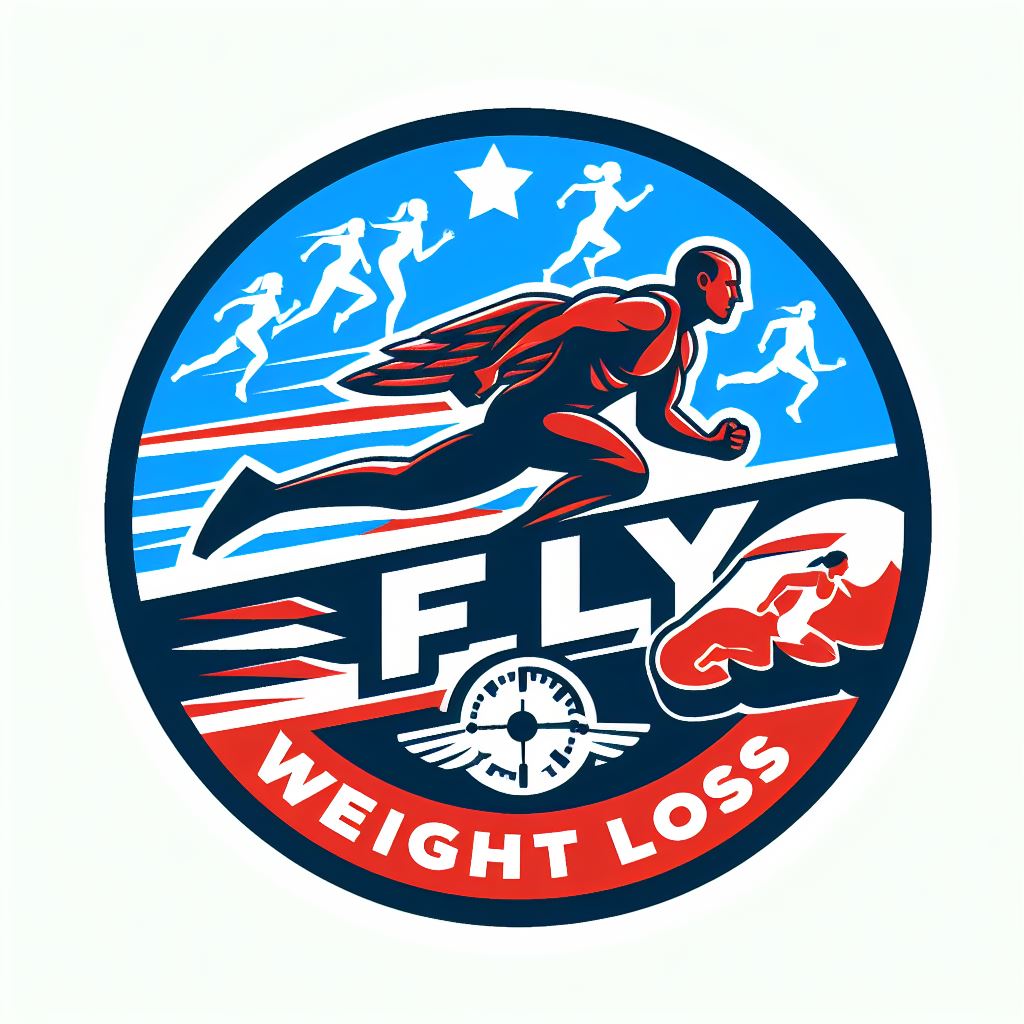A crash diet typically involves severely restricting calorie intake with the goal of quick weight loss. You might be familiar with names like the ‘Cabbage Soup Diet’ or the ‘Master Cleanse.’ These are just a couple of examples that promise significant weight loss in a very short time.
You’re going to find out about the trade-off between short-term and long-term weight loss benefits. While crash diets can lead to rapid drops in pounds, they largely fail to provide lasting results and can even harm your health over time. I’ll explain why these methods are more of a quick fix than a solution.

It’s not all hype and hopeful results; there are real risks to consider. Rapid weight reduction can trigger a range of health issues, including nutrient deficiencies, gallstones, and cardiovascular problems. Plus, the strain on your body doesn’t just end there.
This isn’t just about shedding a few quick pounds; it’s also about understanding the full picture. I’m here to help you sift through the promises and misconceptions of crash dieting, providing an honest look at what you’re truly signing up for when looking for the fastest route to weight loss.
The Physiology of Crash Dieting: What Happens inside Your Body
So, what exactly goes on in your body when you decide to follow a crash diet? The science is pretty straightforward, but it’s not to be taken lightly. When you drastically cut calories, your body dives into its energy reserves. Initially, you’re going to shed water weight, which can look impressive on the scale, but don’t be fooled; this isn’t the fat loss you’re aiming for.
Your metabolism isn’t a fan of sudden change. It prefers stability. During a crash diet, as your caloric intake drops, your body senses potential starvation. To save energy, your metabolism slows down. This isn’t just counterproductive—it can be counterintuitive. You’re trying to lose weight fast, but your body is programming itself to conserve as much as possible, making it harder to lose weight over time.
Muscle mass is often a casualty of these diets. Why? Your body typically turns to muscle before fat when it’s in a severe calorie deficit, primarily if you’re not consuming enough protein. Moreover, crash dieting can weaken bones and even harm your organs if essential nutrients are lacking. Your heart, for example, is a muscle that’s sensitive to abrupt changes. And let’s not gloss over the psychological aspect: the stress of restrictive eating can actually increase your cravings and lead to a higher risk of disordered eating.
Finally, crash diets can mess with your hunger hormones, like ghrelin and leptin, leading to a yo-yo effect. When you eventually start eating more again, these hormones go into overdrive, causing increased hunger and weight regain. That’s the irony of crash diets: The quicker you lose weight, the quicker you might gain it back.
With these points in mind, you’re probably starting to see why a measured, science-backed approach to weight loss could be a better path forward. Don’t worry too much about the time it takes; focus on making changes that will last. Let’s explore how you can create a balance that leads to sustainable weight loss in the next section.
Exploring Alternatives: Sustainable Approaches to Weight Loss
You’re going to find out about the steady, health-focused routes to weight loss, which contrary to crash diets, promote well-being and lasting results. This isn’t just about cutting calories; it’s also about nourishing your body and mind.
A balanced diet is key. It provides the array of nutrients your body needs to function optimally. This includes whole grains, lean proteins, healthy fats, and a rainbow of fruits and vegetables. It’s about eating a variety of foods that give you energy and keep you feeling full and satisfied.
Exercise is much more than a calorie burner; it’s a crucial part of maintaining a healthy lifestyle. It helps to preserve muscle mass, boost mood, and improve overall health. You don’t have to run marathons; even a daily walk can make a significant difference.
So, how do you set realistic weight loss goals? Start with small, achievable targets that will build up over time. Don’t worry too much about the scale. Focus on actions like incorporating more veggies into your meals or walking an extra thousand steps per day.
If you want to ensure long-term success, consider working with a dietitian or a health coach. They can help tailor a weight loss plan based on your individual needs and lifestyle. You can always adjust your approach down the road, keeping it aligned with your evolving goals and preferences.
Demystifying Diet Fads: How to Identify and Avoid Unhealthy Trends
Now, when we’re bombarded with flashy ‘before and after’ images and celebrity-endorsed diet plans, it’s super easy to get pulled into the hype of crash diets. But it’s crucial to understand that the media and marketing often promote exaggerated or outright false claims to sell products and services.
To keep yourself from falling prey to these lofty promises, keep an eye out for certain red flags. For example, if a diet plan guarantees a big weight loss in a very short time or it restricts entire food groups, that’s a signal to tread carefully. Extreme restrictions can be detrimental to your health and are usually not sustainable.
I want to emphasize the importance of doing your due diligence. Research the science behind any diet claims, and look for real testimonials and reviews, not just cherry-picked success stories. Professional health organizations often release guideline statements regarding diet trends, so those can be great resources.
Ultimately, if your goal is to achieve a healthier lifestyle and maintain weight loss, you should aim to build habits that last a lifetime. Gradual changes to your eating habits, increasing your physical activity, and seeking guidance from registered dietitians or nutritionists can be far more beneficial than any quick-fix diet ever could be.
Remember, at the end of the day, your health and well-being are paramount. Choose something that resonates with you, that nurtures your body, and supports your long-term health. You won’t regret taking a path that is sustainable, balanced, and—most importantly—safe.

hi, the article was quite insightful and helpful, it presents a quick-fix approach to shedding pounds, emphasizing rapid results over long-term health benefits. While the allure of quick weight loss is tempting, especially for those seeking immediate changes, crash diets often come with significant downsides. Maintaining weight loss from a crash diet can be challenging, and there’s a high risk of regaining the lost weight.
Hi! Thank you for your thoughtful comment. You bring up an important point about the sustainability of quick-fix weight loss methods. While rapid results can be motivating, it’s crucial to consider the long-term health implications and potential for weight regain. Sustainable lifestyle changes often lead to more lasting success.
#HealthyLiving #SustainableWeightLoss #LongTermHealth #BalancedDiet #MindfulEating
Gary